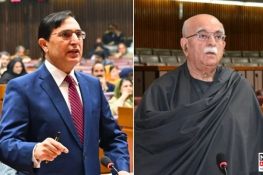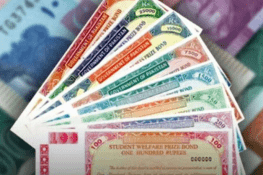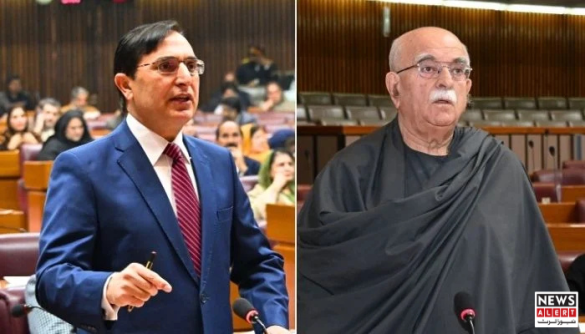Sindh Government Targets Parents Refusing Polio Drops
Karachi – The Sindh government is considering stringent actions against parents who refuse to vaccinate their children against polio, including suspending national identification cards and passports. The move comes as part of a renewed effort to eradicate the disease in one of the few remaining polio-endemic regions globally.
A high-level polio control meeting, chaired by Chief Minister Murad Ali Shah, decided that parents neglecting their national responsibility could face severe penalties. The proposed measures aim to restrict communication and travel privileges of non-compliant parents. Among the suggested actions are deactivation of mobile phone SIM cards and suspension of Computerized National Identity Cards (CNICs) and passports.
Special Cell to Monitor Compliance
The Chief Minister has also instructed the establishment of a special monitoring cell within the Chief Minister House to track violations and facilitate prompt enforcement of the new policies. Government officials argue that these measures are crucial to ensure the success of Pakistan’s national polio eradication campaign.
The government’s approach reflects the increasing concern over polio vaccination hesitancy, which remains a significant obstacle to eliminating the disease in Pakistan. According to the World Health Organization (WHO), Pakistan is one of only two countries worldwide, alongside Afghanistan, where polio remains endemic. In 2024 alone, multiple cases have been reported in Sindh and neighboring provinces, highlighting the urgent need for effective intervention.
National and Public Health Implications
Polio, a highly infectious viral disease, can cause permanent paralysis in children under five. Vaccination campaigns have been largely successful globally, reducing cases by over 99% since the late 1980s. However, Pakistan has struggled with vaccine refusal due to misinformation, religious misconceptions, and logistical challenges in reaching remote areas.
Experts say restricting access to essential services such as identification and travel could create additional pressure on hesitant parents. “These measures are unprecedented but reflect the seriousness of the public health threat posed by polio,” said a senior health official, speaking on condition of anonymity.
Enforcement Challenges
Implementing these measures will require coordination between health authorities, law enforcement, and telecom companies. Authorities are aware that suspending CNICs or mobile connections could provoke backlash or resistance, but they argue that the ultimate goal—protecting children from polio—is non-negotiable.
Public awareness campaigns are expected to accompany these enforcement measures, emphasizing the safety and importance of polio vaccines. The government hopes that combining education with strict penalties will encourage greater compliance among parents and caregivers.
A Step Toward Polio Eradication
Pakistan’s polio eradication program has achieved notable progress in recent years, but setbacks due to parental refusal remain a critical challenge. By considering such strict measures, the Sindh government aims to accelerate the campaign and ensure that no child is left unprotected against a disease that can be entirely prevented with timely vaccination.
These developments signal a growing willingness by provincial authorities to take bold steps to safeguard public health, underscoring the high stakes in the fight against polio in Pakistan.















